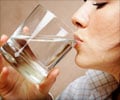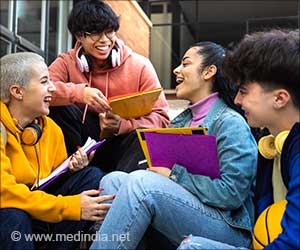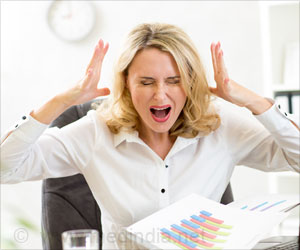The NHANES data reveals age-specific patterns in water and beverage consumption, highlighting the need for tailored public health interventions.
- Water consumption peaks in the morning, especially during snack time
- Sugar-sweetened beverages are primarily consumed with meals and in the afternoon
- Beverage choices vary significantly by age, with younger individuals consuming more SSBs
The Timing of Water and Beverage Consumption During the Day Among Children and Adults in the United States: Analyses of NHANES 2011-2016 Data
Go to source).
Morning is the peak time for water consumption, but sugary drinks dominate afternoons. #beveragechoices #medindia’
Patterns in Water and Beverage Consumption
The NHANES data revealed predictable patterns in the timing of water and beverage consumption across different age groups.Morning Consumption: Water consumption was highest in the morning, particularly during the morning snack period (06:00-12:00). However, this was not necessarily associated with breakfast. Adults preferred coffee in the morning, while children aged 4-18 years consumed milk during this time.
Afternoon and Evening Patterns: Sugar-sweetened beverages (SSBs) were primarily consumed with lunch, dinner, and in the afternoon. Water consumption decreased in the afternoon, with children more likely to consume water between 18:00 and 21:00, while adults tended to drink less water and more alcohol in the evening.
Age-Related Variations: Beverage choices varied with age, with younger individuals consuming more Sugar-sweetened beverages and older adults opting for coffee, tea, and alcohol. These patterns suggest that interventions to promote healthier beverage choices may need to be tailored to specific age groups.
Implications for Promoting Healthy Beverage Choices
The findings have important implications for public health initiatives aimed at reducing the consumption of SSBs and promoting water as a healthier alternative:School-Based Interventions: The data support initiatives by the Centers for Disease Control and Prevention (CDC) to promote water consumption in schools. Given that children are more likely to consume water during the morning, providing access to safe drinking water in schools and promoting its consumption during lunch could be effective strategies.
Targeting Afternoon Snacks: The observation that water is not commonly consumed during afternoon snacks suggests an opportunity for intervention. Encouraging children to drink water instead of Sugar-sweetened beverages in the afternoon could help reduce sugar intake and promote hydration.
Adult Beverage Choices: For adults, promoting water consumption in the morning and with lunch may be more viable strategies than attempting to replace coffee or afternoon tea with water.
Socio-Economic Factors Influencing Water Consumption
Socio-economic status (SES) and race/ethnicity play a significant role in water consumption patterns:Income and Education: Higher-income groups and those with higher education levels tend to consume more bottled and tap water. In contrast, lower-income groups are more likely to consume regular soda and whole milk, indicating a socio-economic gradient in beverage choices.
Trust in Municipal Water: The "Flint effect" has heightened distrust in municipal water systems, particularly among low-income communities and communities of color. This distrust may be a barrier to promoting tap water consumption, highlighting the need for public health campaigns that address these concerns.
The Impact of Beverage Choices on Energy Intake
The timing and type of beverages consumed throughout the day can impact total energy intake:Caloric Beverages at Meals: Experimental studies have shown that caloric beverages consumed with meals add calories without leading to energy compensation. This highlights the importance of replacing Sugar-sweetened beverages with water to reduce calorie intake and combat obesity.
Challenges in Behavioral Change: Despite recommendations to replace Sugar-sweetened beverages with water, established consumption patterns may vary across different demographic groups, making it challenging to implement these changes effectively. Tailoring strategies to specific population subgroups could enhance the success of these initiatives.
The NHANES data offer important insights into water and beverage consumption patterns in the US, revealing predictable patterns that vary by age, Socio-economic status, and time of day. While the NHANES data provide valuable insights, there are some limitations to consider.
These findings also underscore the importance of targeted public health interventions to promote healthier beverage choices and reduce Sugar-sweetened beverage consumption. By building on existing habits and understanding the socio-economic factors at play, we can develop more effective strategies to improve hydration and overall health in the US population.
Reference:
- The Timing of Water and Beverage Consumption During the Day Among Children and Adults in the United States: Analyses of NHANES 2011-2016 Data - (https://www.ncbi.nlm.nih.gov/pmc/articles/PMC6893716/)
Source-Medindia














